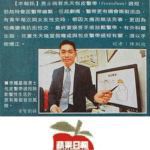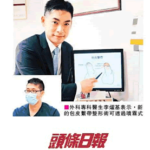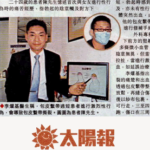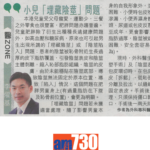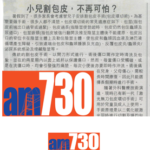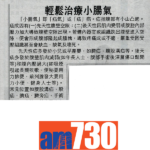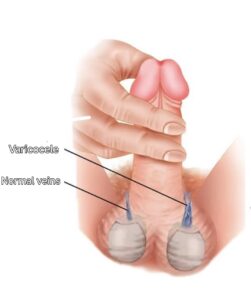
Cause
Symptoms
Clinical Diagnosis
Treatment
Varicocele is nearly always due to valvular incompetence of the diseased veins. The surgical treatment is called varicocelectomy. Varicocelectomy involves protecting the vas, preserving the normal arterial and venous blood flow of the testis, and ligation and excision of the diseased veins of varicocele. There are many methods to perform varicocelectomy. Magnifying glasses, microscopes, or laparoscopic magnifying monitors are often used during varicocelectomy.
Varicocelectomy is usually done under general anesthesia or (lower half body) spinal anesthesia. Traditional open inguinal or subinguinal varicocelectomy surgery requires an incision at the groin or lower abdomen. Laparoscopic varicocelectomy requires making three keyhole incisions in the abdomen. New mini-incision high scrotal varicocelectomy requires a 2cm high scrotal small incision wound to gain access to the diseased veins of varicocele and completes the procedure. The surgery time is usually less than 1 hour. The post-operative wound pain is low as long-acting local anesthetic is injected into the wound. The wound is well protected by glue and water-repellent dressing. Patients return to work a few days after surgery. Please consult your doctor for advice.
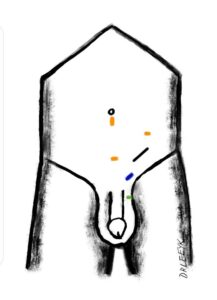
Varicocele is primarily due to reflux of the pampiniform venous plexus or, to a lesser extent, due to venous reflux in the scrotal skin. The theory of varicocele surgery is to prevent the reverse flow of venous blood by ligating and removing abnormally dilated veins. Varicocele resection improves venous and microvascular blood flow to the testicles.
Varicocelectomy studies have shown significant improvements in one or more sperm parameters of the semen analysis report in more than 65% of treated men. About 70% of men with varicoceles improved their testosterone levels after varicocelectomy. About 80% of men had scrotal pain improvement after varicocelectomy. Please consult your doctor for advice.
FAQs
A. If you have a varicocele that causes minor discomfort, and it does not affect your fertility, you might try the following for pain relief:
- Support the scrotum by wearing an athletic supporter or snug-fitting underwear.
- Take pain medicine, such as acetaminophen/paracetamol, ibuprofen, or other NSAIDs.
Surgery (Varicocelectomy) is a permanent solution to relieve the pain of varicocele. Please ask your doctor for advice.



